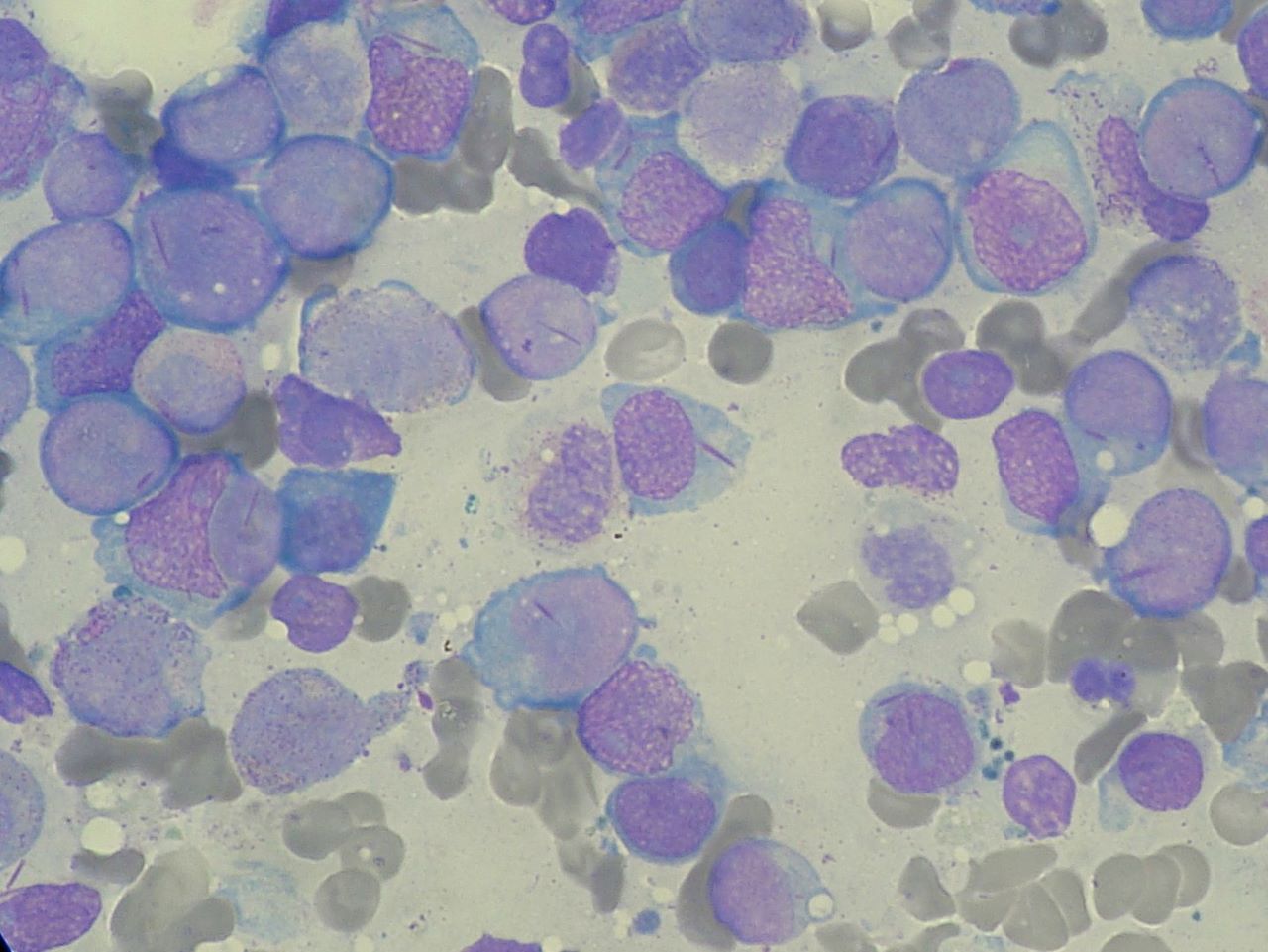
Marker Therapeutics has treated the first patient in its Phase II trial of its lead MultiTAA-specific T cell product candidate MT-401 in patients with acute myeloid leukaemia (AML).
The multi-center trial will have 160 patients with AML following an allogeneic stem cell transplant in both the adjuvant, as well as active disease settings.

Discover B2B Marketing That Performs
Combine business intelligence and editorial excellence to reach engaged professionals across 36 leading media platforms.
In the trial, 120 patients will be enrolled in the adjuvant disease group who are randomised into a 1:1 ratio to either receive MT-401 at 90 days post-transplant or standard of care (observation).
About 40 subjects with active disease will be given MT-401 as part of the single-arm group.
Marker noted that the trial will be carried out at 20 top cancer centres across the US.
Analysis of relapse-free survival (RFS) in the adjuvant arm and determining complete remission rate and duration of complete remission in active disease patients will form the trial’s primary objectives.

US Tariffs are shifting - will you react or anticipate?
Don’t let policy changes catch you off guard. Stay proactive with real-time data and expert analysis.
By GlobalDataFor the adjuvant arm, overall survival and graft-versus-host disease relapse-free survival will be the additional objectives while overall response rate, duration of response, progression-free survival and overall survival will be included as the additional objectives for the active disease group.
Marker Therapeutics chief medical officer Mythili Koneru said: “We are pleased to have dosed the first patient with MT-401 in our company-sponsored clinical trial, particularly in a patient population in which there remains a critical unmet need.
“In various investigator-sponsored Phase I trials at the Baylor College of Medicine, our MultiTAA-specific T cell therapies have been generally well-tolerated and demonstrated durable anti-cancer responses across a broad range of cancers, including post-transplant AML.
“Based on these results, we believe that MT-401 has the potential to become a meaningful treatment option for patients suffering from this disease.”
Topline data readout of active disease group is anticipated in the first quarter of next year.





